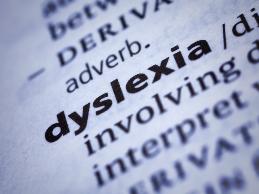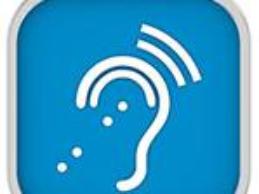On This Page
Introduction
The ADA requires that employers, state and local governments, and businesses and nonprofit organizations that serve the public communicate effectively with people who have communication disabilities. The goal is to ensure that communication with people with these disabilities is equally effective as communication with people without disabilities. The following publications provide information regarding effective communication:
- Effective Communication
- Tips for Communicating by Telephone with Individuals who are Deaf or Hard of Hearing
- Effective Accommodation Practices (EAP) Series: Disability Etiquette Tips for Speaking Engagements
- Effective Accommodation Practices (EAP) Series: Communication Tips for Working with Individuals with Intellectual Disabilities
Situations and Solutions:
The following situations and solutions are real-life examples of accommodations that were made by JAN customers. Because accommodations are made on a case-by-case basis, these examples may not be effective for every workplace but give you an idea about the types of accommodations that are possible.
JAN Publications & Articles regarding Effective Communication
Publications
Accommodation and Compliance Series
Articles
Blog Posts
- No Blog Posts available for Effective Communication






